
The Supreme Court of the United States is the highest court in the land, playing a pivotal role in shaping the nation’s legal landscape. With its rich history and influential decisions, it is a cornerstone of American democracy.
The Supreme Court’s Vital Role
The Supreme Court is the final authority on constitutional matters, ensuring the interpretation and application of the law align with the principles of the U.S. Constitution. Its decisions have far-reaching implications on civil rights, liberties, and public policies.
Landmark Decisions
Throughout its history, the Supreme Court has made pivotal rulings that have left an indelible mark on American society. From Brown v. Board of Education, which desegregated schools, to Roe v. Wade, which affirmed a woman’s right to choose, these decisions reflect the Court’s power to shape the nation’s direction.
The Chief Justice’s Leadership
The Chief Justice of the Supreme Court plays a crucial role in guiding the Court’s proceedings and crafting decisions. Their influence on the Court’s direction is substantial, and they often leave a lasting legacy.
In conclusion, the Supreme Court of the United States remains a vital institution that shapes the nation’s legal landscape and safeguards its democratic values. The Chief Justices who have presided over the Court have left their indelible marks on American jurisprudence. Here are the ten most popular Chief Justices in U.S. Supreme Court history, each with their own significant contributions and legacies.
#1 Earl Warren (1953-1969)
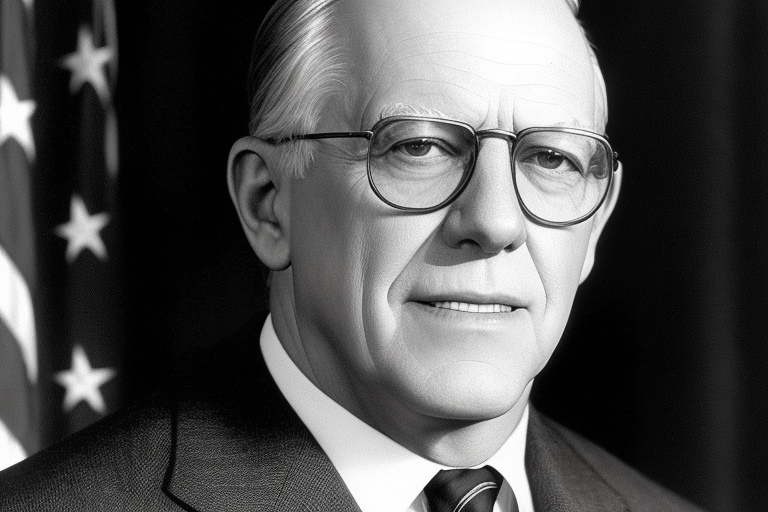
Warren presided over the Court during the Civil Rights Movement, leading to historic decisions like Brown v. Board of Education.
#2 John Marshall (1801-1835)
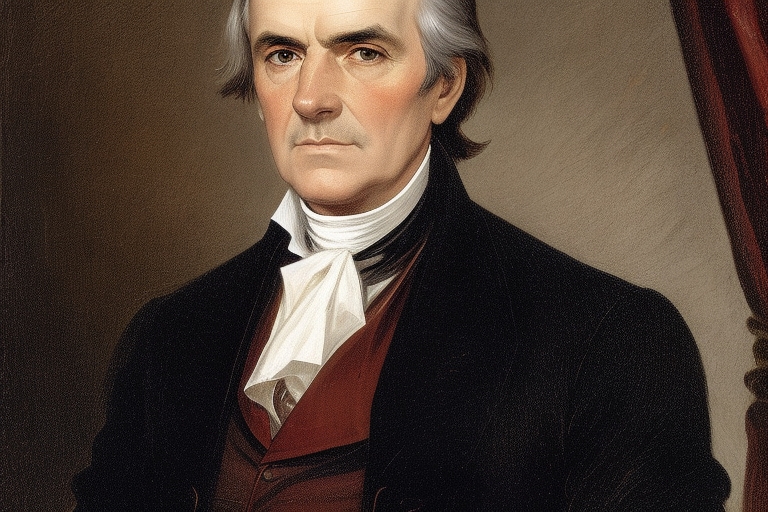
Marshall is celebrated for establishing the Court's authority and interpreting the Constitution broadly.
#3 Roger B. Taney (1836-1864)
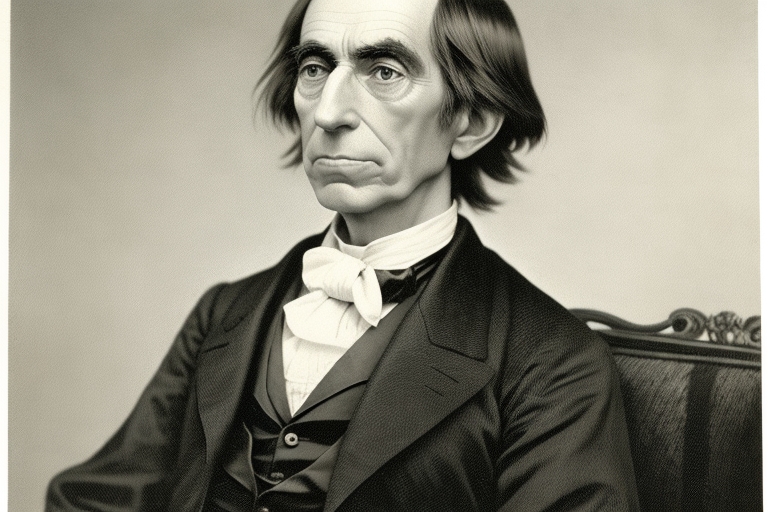
Taney authored the infamous Dred Scott v. Sandford decision but also shaped commercial law.
#4 William Rehnquist (1986-2005)
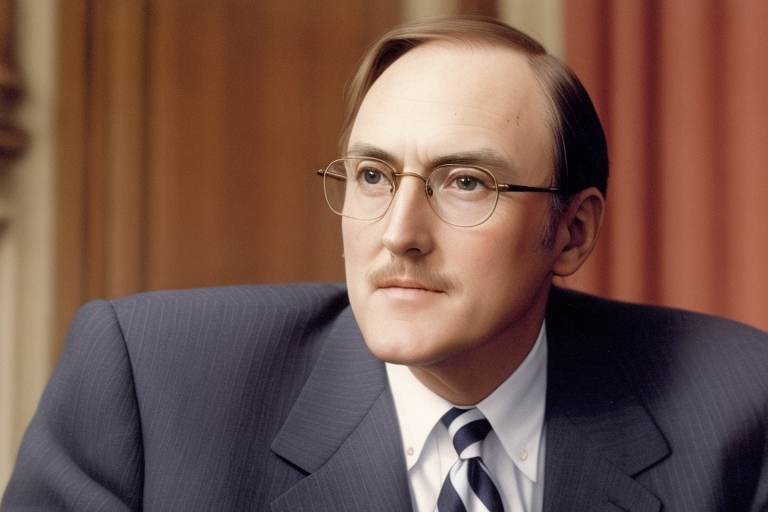
Rehnquist oversaw a conservative shift in the Court and played a crucial role in the Bush v. Gore decision.
#5 Warren E. Burger (1969-1986)
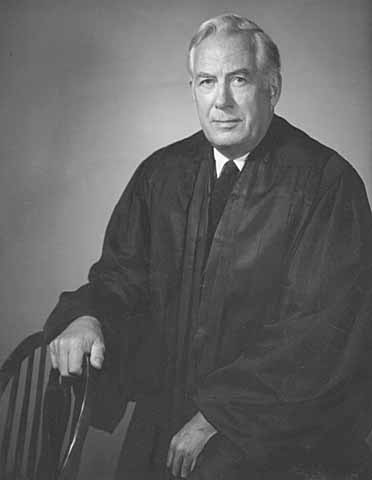
Burger's tenure saw pivotal cases on abortion and the death penalty.
#6 Charles Evans Hughes (1930-1941)
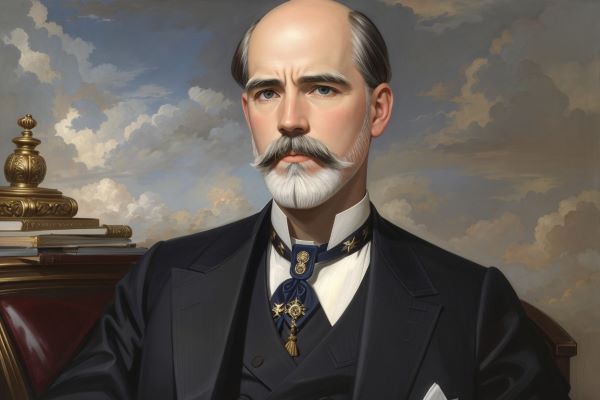
Hughes' leadership during the Great Depression led to several influential decisions.
#7 Melville W. Fuller (1888-1910)
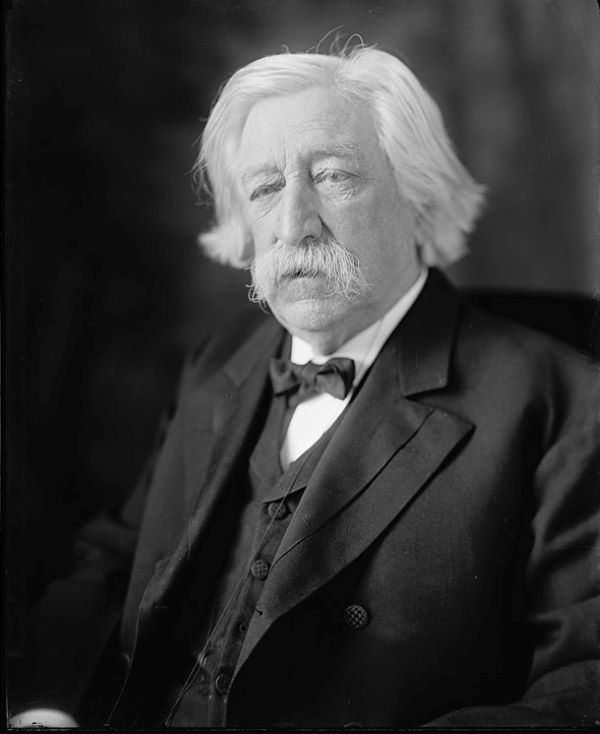
Fuller's Court made decisions on antitrust laws and corporate power.
#8 Morrison R. Waite (1874-1888)
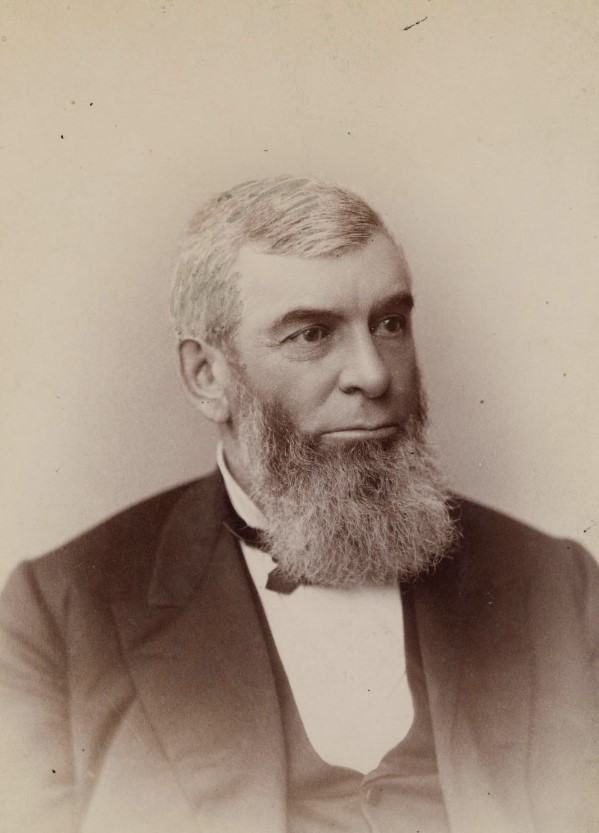
Waite presided over the Court during the Reconstruction era.
#9 John G. Roberts (2005-present)
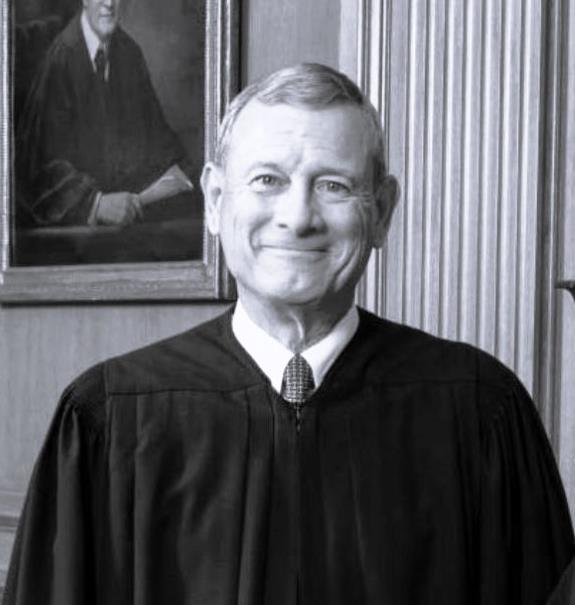
The current Chief Justice, Roberts, has been influential in decisions on healthcare and same-sex marriage.
#10 Fred M. Vinson (1946-1953)
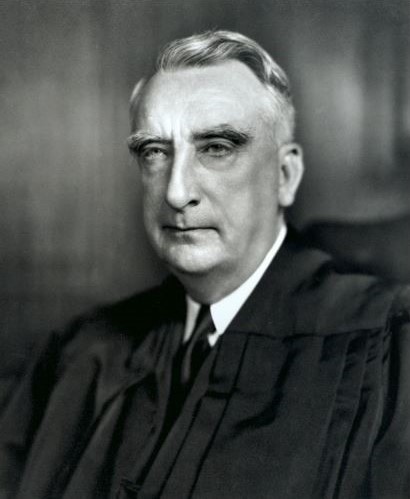
Vinson presided over landmark cases on civil liberties.





